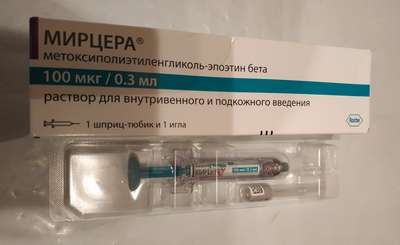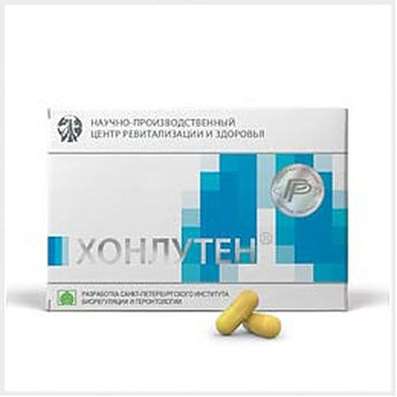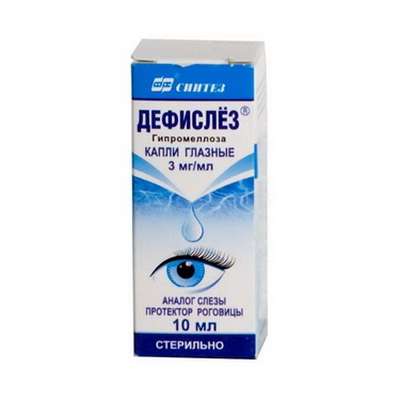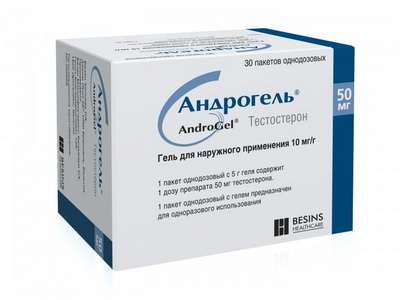Instruction for use: Liquid antacid York with simeticon
I want this, give me price
ATX code A02AF02 Simple combinations of salts and carminative preparations
Pharmacological group
Antacids
Nosological classification (ICD-10)
K25 Gastric ulcer
Helicobacter pylori, Pain syndrome in gastric ulcer, Pain syndrome in gastric ulcer and duodenal ulcer, Inflammation of the gastric mucosa, Inflammation of the gastrointestinal mucosa, Benign gastric ulcer, The disease of the stomach and duodenum, asotsiirovannoe with Helicobacter pylori, Aggravation gastroduodenita on the background of peptic ulcer, Exacerbation of peptic ulcer, The aggravation of gastric ulcer, The organic gastrointestinal disease, Peptic ulcer of the stomach and duodenum, Postoperative gastric ulcer, Recurrent ulcers, Symptomatic gastric ulcers, Chronic inflammatory disease of the upper gastrointestinal tract, associated with Helicobacter pylori, Helicobacter pylori eradication, Erosive and ulcerative lesions of the stomach, Erosive lesions of the stomach, The erosion of the gastric mucosa, Peptic ulcer disease, Stomach ulcer, Gastric lesion, Ulcerative lesions of the stomach, Symptomatic ulcers of the stomach and duodenum
K26 Duodenal Ulcer
Pain with duodenal ulcer, Pain syndrome in gastric ulcer and duodenal ulcer, The disease of the stomach and duodenum, asotsiirovannoe with Helicobacter pylori, Exacerbation of peptic ulcer, The worsening of duodenal ulcer, Peptic ulcer of the stomach and duodenum, Relapse of duodenal ulcers, Symptomatic ulcers of the stomach and duodenum, Helicobacter pylori eradication, Erosive and ulcerative lesions of the duodenum, Erosive-ulcerative lesions of duodenal ulcers associated with Helicobacter pylori, Erosive lesions of the duodenum, Duodenal ulcer, Ulcerative lesions of the duodenum]
K29 Gastritis and duodenitis
Aggravation gastroduodenita on the background of peptic ulcer, duodenitis
K29.5 Chronic gastritis, unspecified
gastroenteritis, Metaplasia gastric mucosa, The pain in chronic gastritis with high acidity, chronic Gastritis, Gastroenteritis, Acute gastroenteritis, Chronic gastritis, Chronic diseases of the digestive system, Chronic autoimmune gastritis, Chronic gastritis, Chronic gastritis in acute stage, Chronic gastritis with normal secretory function, Chronic gastritis with normal secretory function of the stomach, Chronic gastritis with normal secretion, Chronic gastritis with increased and normal gastric secretory function, Chronic gastritis with secretory function, Chronic gastritis with increased secretion, Chronic gastritis with secretory function of the stomach, Chronic gastritis with a reduced secretory function, Chronic gastritis with secretory insufficiency
K31 Other diseases of the stomach and duodenum
Stress damage to the mucosa, Discomfort in the stomach
K72 Hepatic insufficiency, not elsewhere classified (including hepatic coma)
Insufficiency of the liver-cell, Pronounced hepatic encephalopathy, Coma hepatic, Latent hepatic encephalopathy, Insufficiency of the liver, Hepatic coma, Hepatic coma and precoma, Hepatic encephalopathy, Development of hepatic impairment, Encephalopathy of the liver, Inflammatory liver disease, Gepatargy, Encephalopathy portosystemic, Hepatocellular insufficiency, Hepatic precoma and coma, Portal-systemic encephalopathy
K92.2 Gastro-intestinal bleeding, unspecified
Gastric and intestinal bleeding, Acute bleeding from the upper gastrointestinal tract, gastrorrhagia, Gastrointestinal bleeding, Intraoperative abdominal bleeding, enterorrhagia, Bleeding in the upper digestive tract, Gastrointestinal bleeding, Bleeding from the upper gastrointestinal tract, Bleeding from the gastrointestinal tract, Intraoperative bleeding abdominal, Recurrent bleeding in the digestive tract, Diagnosis of bleeding from the small intestine, peptic ulcer bleeding, Mallory-Weiss syndrome, Recurrent bleeding from peptic ulcers, Bleeding stomach
R12 Heartburn
T39 Poisoning by non-opioid analgesic, antipyretic and antirheumatic agents
Poisoning with salicylates, Acetaminophen poisoning
Composition and form of release
1 bottle with 355 ml suspension for ingestion with taste of menthol or cherry contains magnesium hydroxide 220 mg, aluminum hydroxide 200 mg and simethicone 20 mg.
pharmachologic effect
Pharmacological action - carminative, adsorbing, enveloping, antacid.
Neutralizes hydrochloric acid, creates a screening film on the mucous membranes. With prolonged use, it does not cause constipation.
Indications
Stomach ulcer and duodenal ulcers, gastritis (acute, chronic, with normal or increased secretion, erosive, etc.), gastropathy (including liver failure), gastric bleeding, discomfort in the stomach (due to inaccuracies in the diet, prolonged use of medicines, excessive consumption of alcohol, nicotine, coffee, etc.).
Contraindications
Severe renal dysfunction.
Side effects
Increase in the concentration of aluminum and magnesium in the serum, the development of phosphorus deficiency (with prolonged use).
Interaction
Reduces the absorption of fluoroquinolones, tetracyclines and a number of other medicinal compounds.
Dosing and Administration
Inside, 20-40 minutes after meals and at night. For 2-4 ts.lozhki 4 times a day, but not more than 16 teaspoons per day.
Precautionary measures
Use with caution during pregnancy (only as directed by a doctor).
Storage Conditions
At room temperature.
Keep out of the reach of children.
Shelf life
2 years.
Do not use after the expiry date printed on the package.

 Cart
Cart





